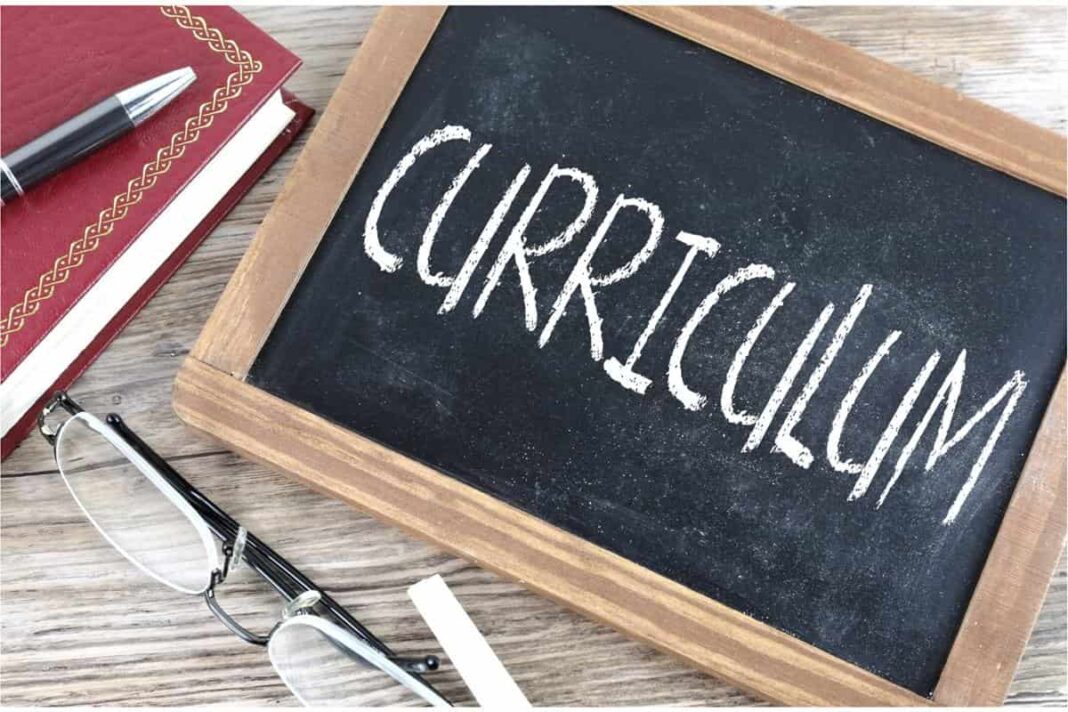Curriculum, the set of educational goals and objectives, has a long and complex history that has evolved over time. This article aims to provide a brief overview of the history of curriculum from ancient times to the present day, tracing the development of curriculum from the Greeks to modern times. By understanding the historical roots of curriculum, we can better appreciate the challenges and opportunities faced by educators today.
Table of contents
Ancient Curriculum: The Greek Legacy
The Greeks were the first to develop a formal curriculum for education, emphasizing the study of language, mathematics, music, and gymnastics. Plato and Aristotle developed influential theories of education, which stressed the importance of teaching students to reason and think critically. The ancient Greeks also believed in the importance of physical education and the arts, which were considered essential for developing a well-rounded individual.
Medieval Curriculum: The Rise of the University
During the Middle Ages, the curriculum focused on the study of theology and philosophy, reflecting the influence of the Christian church. The rise of the university system in Europe led to the development of new fields of study, such as law and medicine, and a renewed emphasis on the study of classical texts. The medieval curriculum also emphasized moral education and character development.
Renaissance Curriculum: Humanism and the Arts
The Renaissance marked a turning point in the history of curriculum, as humanism and the arts became central to education. The curriculum focused on the study of classical texts, history, literature, and art, emphasizing the development of critical thinking and creativity. The Renaissance also saw the emergence of new educational institutions, such as academies and public schools.
Enlightenment Curriculum: Science and Reason
The Enlightenment was a period of great intellectual and cultural change, which had a profound impact on the history of curriculum. The curriculum emphasized the study of science, mathematics, and reason, reflecting the influence of the scientific revolution. The Enlightenment also saw the emergence of new educational theories, such as those of Jean-Jacques Rousseau, who emphasized the importance of individual development and natural learning.
Modern Curriculum: From Industrialization to the Digital Age
The modern era has seen significant changes in the history of curriculum, reflecting the changing needs of society. The curriculum has shifted from a focus on the liberal arts to a more vocational and technical education, reflecting the demands of industrialization and economic growth. The 20th century also saw the emergence of new educational technologies, such as television and computers, which have transformed the way we learn and teach.
Conclusion
The history of curriculum is a complex and ever-evolving story that reflects the changing needs and values of society. From the ancient Greeks to modern times, the curriculum has been shaped by a variety of factors, including cultural traditions, religious beliefs, economic pressures, and technological innovation. By understanding the historical roots of curriculum, we can better appreciate the challenges and opportunities faced by educators today.
Bibliography
- Bobbitt, Franklin. The Curriculum. Boston: Houghton Mifflin, 1918.
- Goodson, Ivor. Curriculum History. New York: Teachers College Press, 1984.
- Kelly, Anthony J. The Curriculum: Theory and Practice. London: Sage, 2004.
- Kerr, David. A Short History of Curriculum Theory. New York: Palgrave Macmillan, 2009.
- Tyler, Ralph W. Basic Principles of Curriculum and Instruction. Chicago: University of Chicago Press



 For all latest articles, follow on Google News
For all latest articles, follow on Google News